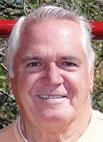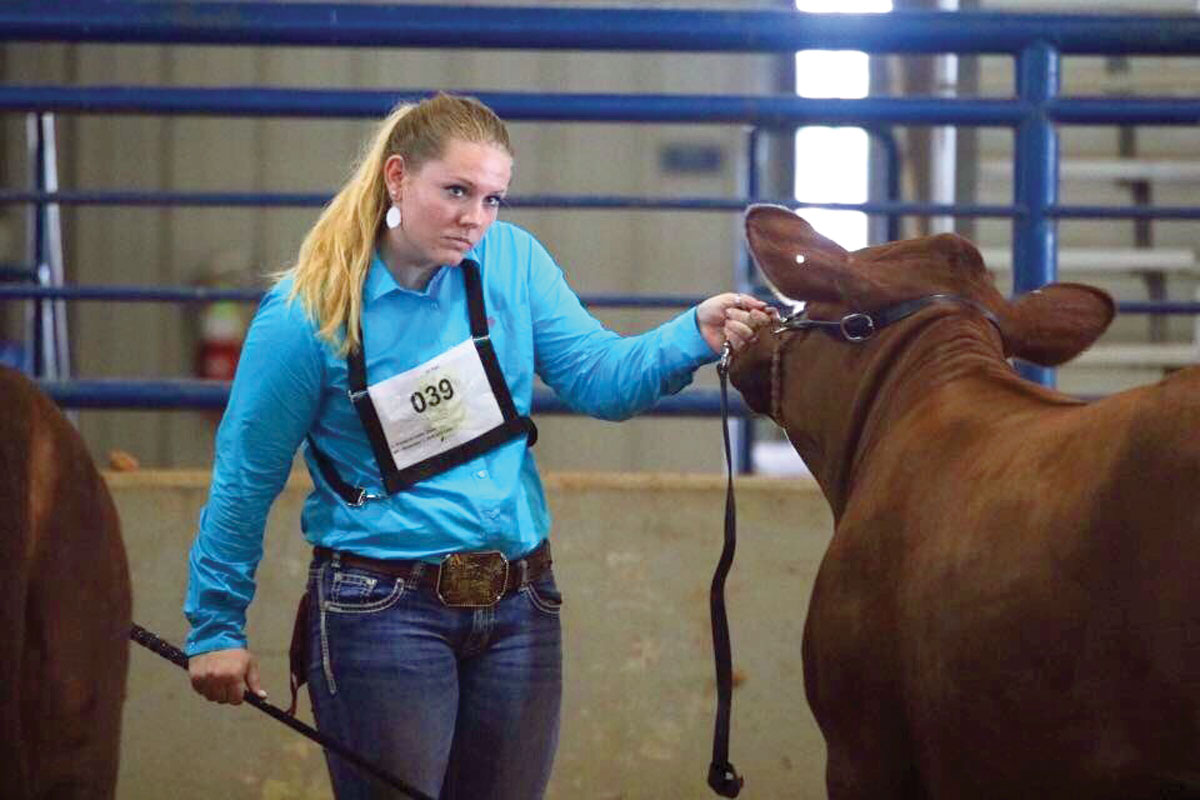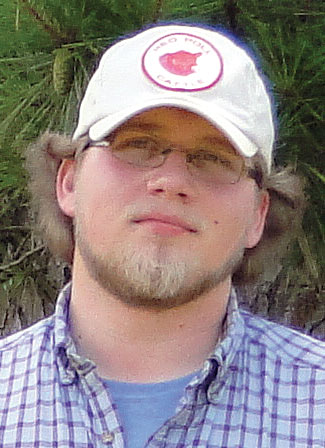
The challenge of operating a successful Dorper sheep breeding herd on only 7 acres of Bentonville, Ark., ground is daunting but highly achievable for Nick and Loraine Venter. They came to the U.S. from South Africa in 1989, and Nick ministered in Bastrop, La., for a non denominational church. Then the Venters relocated to Bentonville 18 years ago. When Nick and Loraine came to this country, they brought with them their family and good sheep experience.
“We chose the White Dorpers because they are more docile than the black head Dorper. The rams, however, are still aggressive, especially when not with the ladies.”
The pasture land is divided into a dry lot and 14 numbered pasture camps. The sheep are on a 28 day pasturing cycle of two days per camp to allow the land to recover and to minimize the impact of worms which have a 26 day cycle.
The land rests from mid-January until April when the sheep are kept in the dry lot and fed mostly Bermuda hay, which is 18 percent protein. Loraine also custom mixes the grain rations, another critical element to the sheep diet.
“I run a closed flock and breed my own sheep to help stay scrapie free.” Scrapie is a sheep version of mad cow disease and would require the destruction of the entire flock.
During breeding season, the rams are harnessed with a colored crayon block on their chests that mark the ewes each time they are bred. Once an ewe has been successfully bred, the ram will not mount her again. The harness colors are changed during breeding season three times and Nick can clearly see the most recent color on the back of the ewes. Nick said, “If an ewe has been bred all three times, she is culled from the herd.”
Nick and Loraine are excited about the future of their operation. Their son owns 100 acres in Missouri, and the plan is to use their farm as a breeding facility while their son’s place will be for lambing, raising and selling. Nick expects the expansion to 600 to 700 animals to take about three years.







